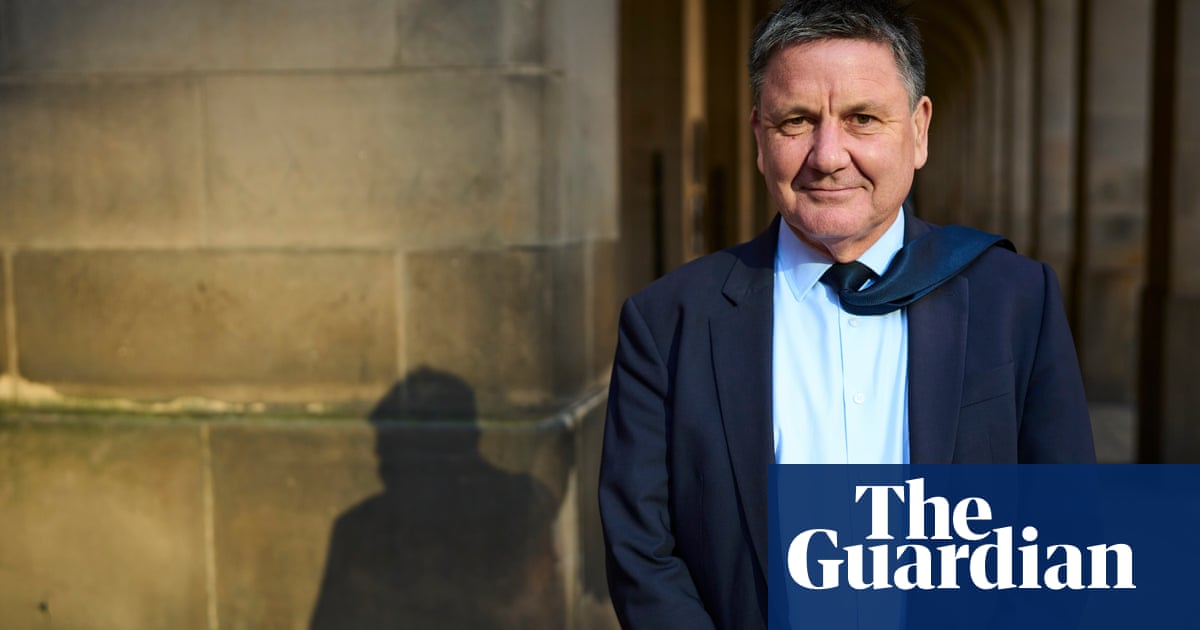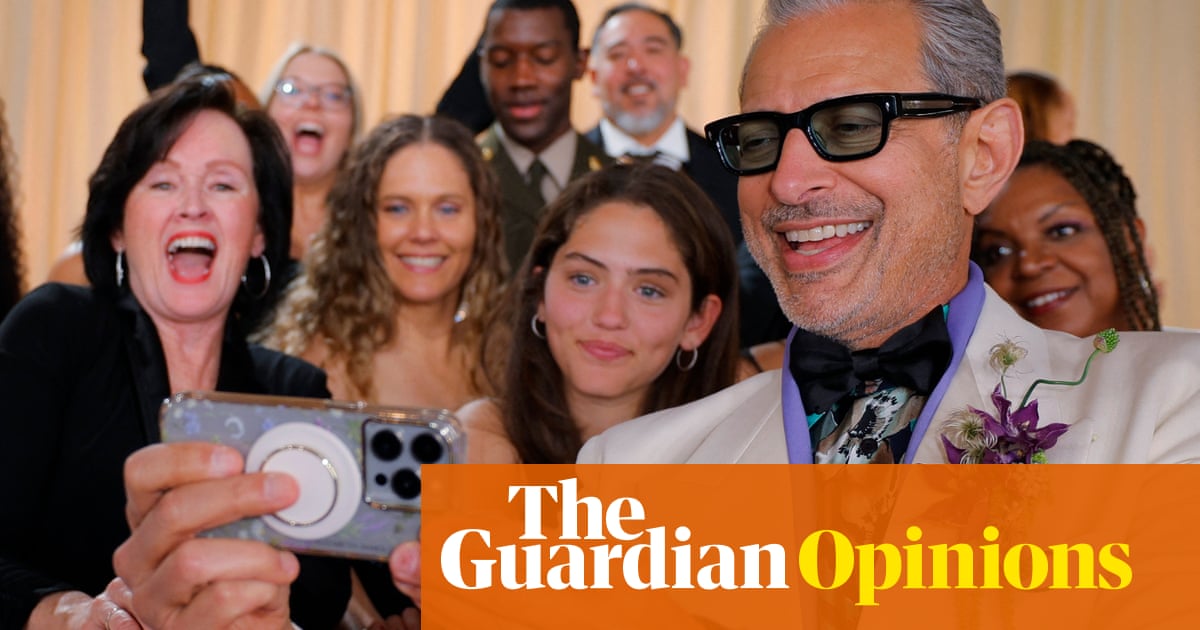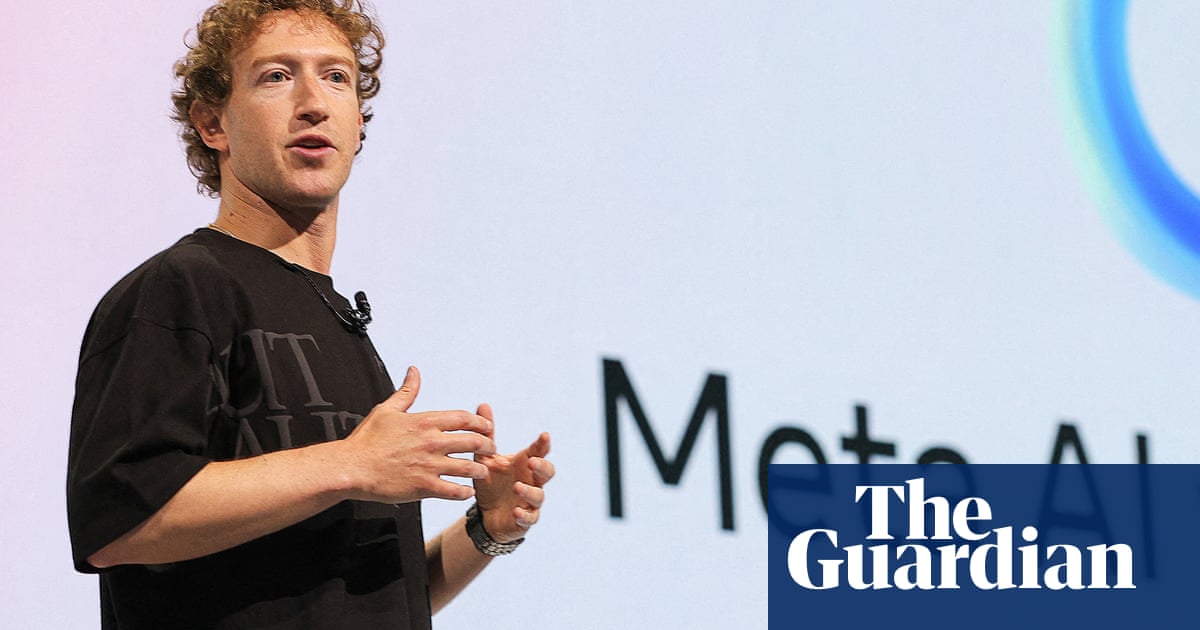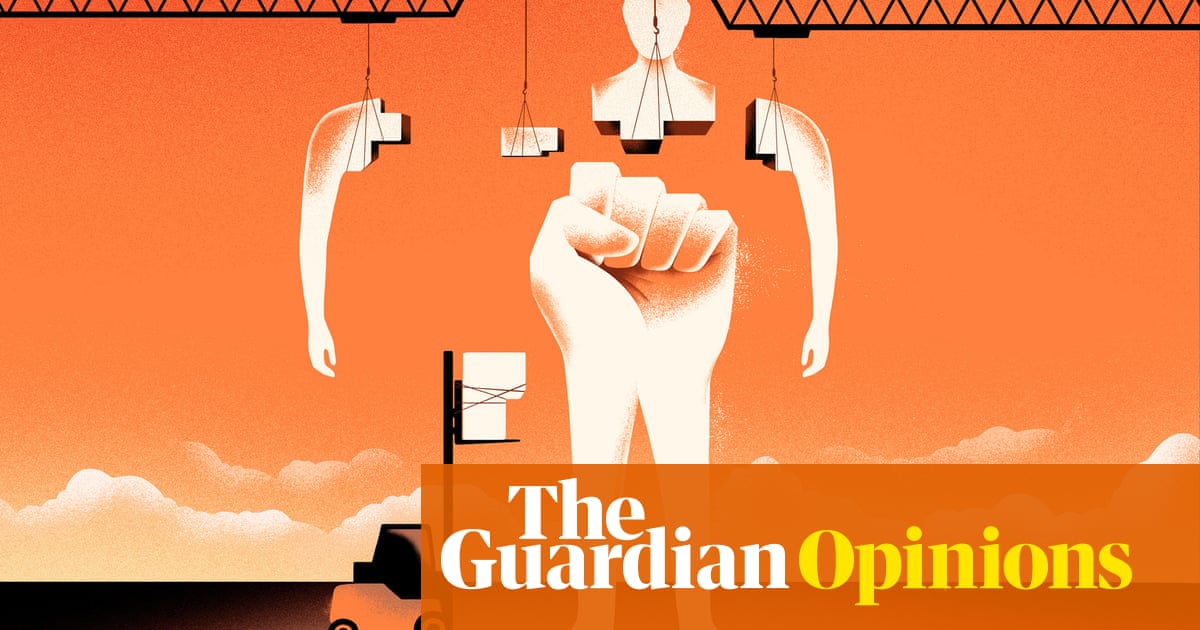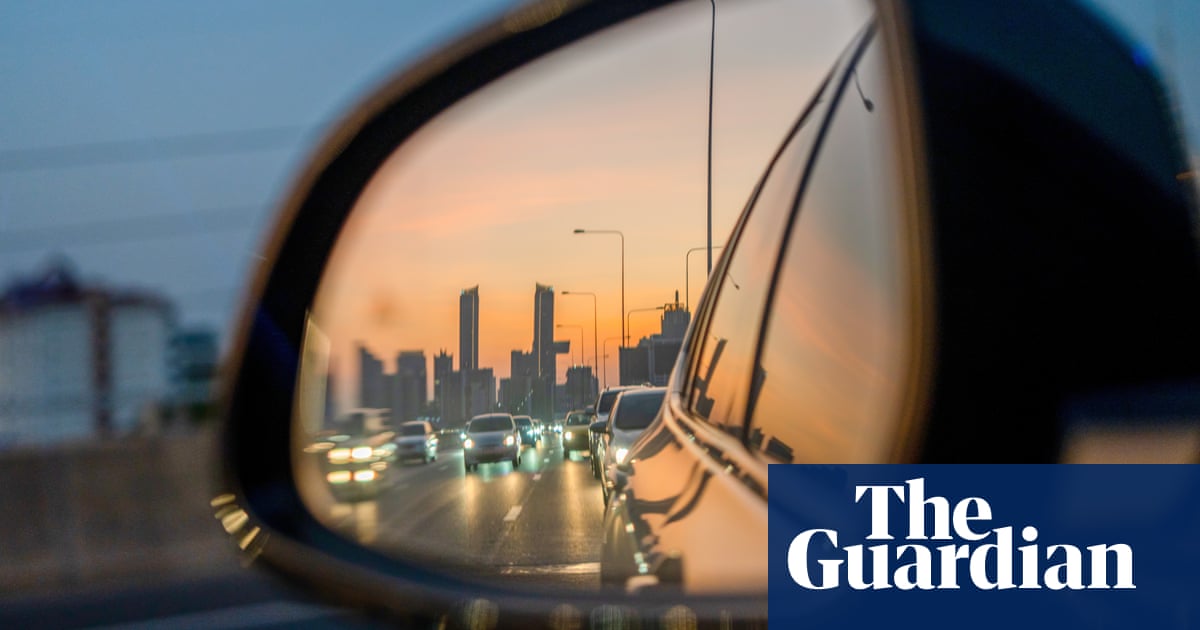Charlotte Raven, the “exhilarating” journalist who blazed a trail through the 1990s media scene, later writing powerfully about assisted dying after she developed a degenerative illness, has died aged 55.
Raven was a columnist, author and editor who wrote extensively for the Guardian and New Statesman, later becoming editor-in-chief of the Feminist Times.
She first came to prominence in the mid-90s as a writer for the Modern Review, the noisy, era-defining magazine of “low culture for high brows”. She attracted particular attention after she fell in love with its co-founder Julie Burchill, who at the time was married to Cosmo Landesman, another of the magazine’s founders. The relationship won Burchill and Raven brief but intense tabloid interest; a joint portrait by Polly Borland is in the collection of the National Portrait Gallery.
“If you can remember the 90s, you weren’t really there,” Raven wrote much later in her memoir, Patient 1. “I remember so little of it that I must have been more there than practically anyone, Liam Gallagher excepted.”
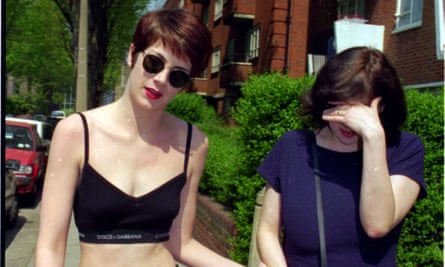
She edited the Modern Review when it briefly relaunched in 1997, and wrote an outspoken column in G2 and elsewhere.
But Raven’s career was cruelly curtailed after she began to develop symptoms of the hereditary condition Huntington’s disease, which causes memory loss and involuntary muscle movements, and from which her father and grandfather had also suffered.
She wrote powerfully – and furiously – about the condition and, as she became increasingly unwell, about palliative care provision and her inability to choose when and how to die.
Writing in the Guardian in 2023, she said: “It’s shit enough dying furious and incapacitated and far too young, but it’s been made immeasurably worse by this system. I thought palliative care would give me more control over my final years – or at least some really, really good painkillers – but my experience has made me feel utterly helpless.
“As part of a living will, I can tick boxes on medical forms requesting that I’m not treated for infections or that if I choke (the way many HD sufferers finally go), there’ll be no intervention. When you can actively sign up for these sorts of horrible, sudden deaths, it does feel perverse that you can’t tick a box asking for a simple end, one decided on by you, your family and your medics.
after newsletter promotion
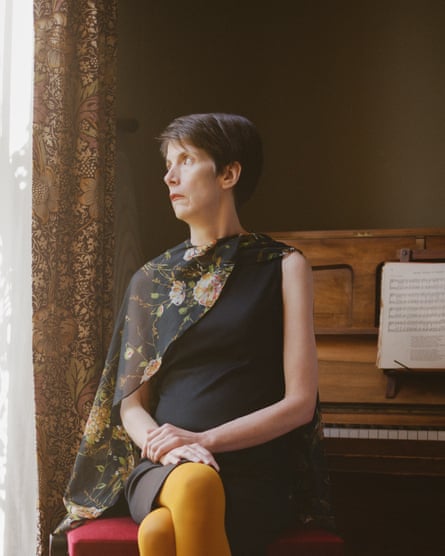
“I want self-determination between now and dying, and assisted dying is the only way left that I can achieve this. At this point of no return, it feels like the best solution.”
Katharine Viner, the editor-in-chief of the Guardian, said: “Charlotte Raven’s Guardian columns, fusing politics, feminism and pop culture, helped define an era, and her devastating writing on being diagnosed with Huntington’s disease is some of the most powerful I’ve ever read about serious illness. She was a force to be reckoned with, a light that shone brightly.”
The novelist Nicholas Blincoe, a friend since he worked with Raven on the Modern Review, described her as “an exhilarating presence, always funny, filled with ideas but also hungry for all new ideas. She was beautiful and vibrant, often wearing her favourite Ghost bias-cut dresses, listening to her beloved ska music – but above all talking politics, both theory and gossip … It’s a terrible loss.”
He said Raven had struggled with the disease, “but nevertheless we shared beautiful moments even in her illness, dancing and laughing, and I saw the love she had for her wonderful children, John and Anna, whom she was determined to send out into the world with her verve and vivacity”.
Burchill, who went on to marry Raven’s brother Daniel, told the Guardian: “Charlotte was a unique woman, with as much substance as she had style – and she had extreme style. I was very lucky to have her as a sister-in-law.”
Toby Young, a co-founder of the Modern Review alongside Burchill and Landesman, said: “Charlotte was a really talented writer with a fierce intellect and a take-no-prisoners attitude that made her a real force to be reckoned with. I feel lucky for having known her.”
Raven is survived by her ex-husband, the documentary maker Tom Sheahan, and their two children, John and Anna.

.png) 2 months ago
30
2 months ago
30



